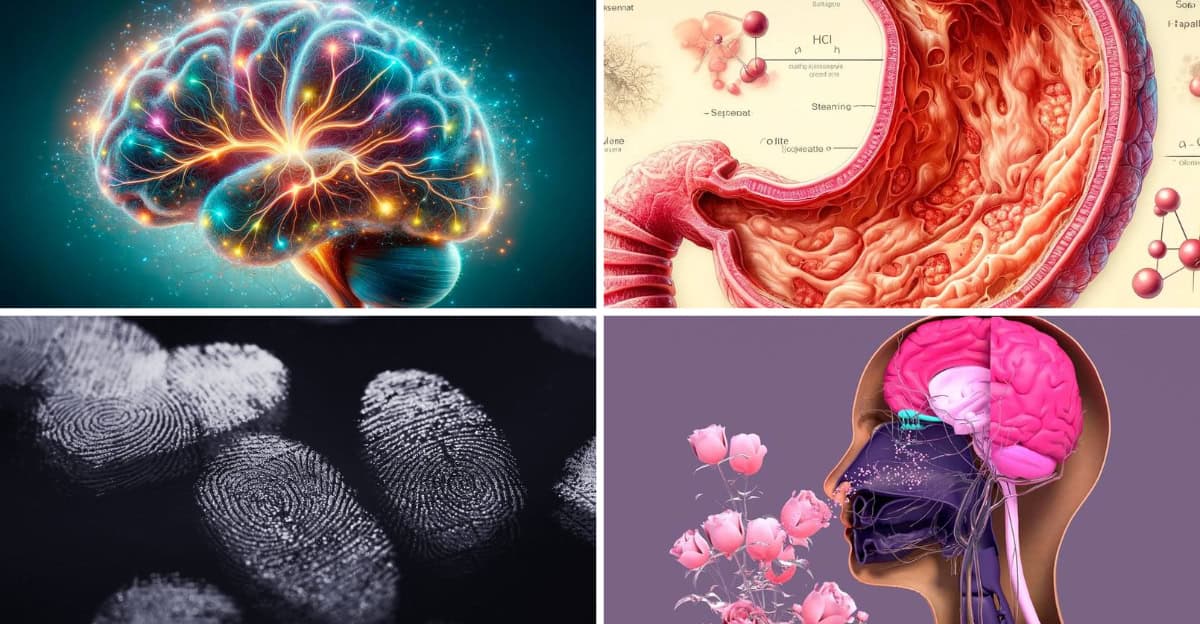The human body is a marvel of biological engineering, full of mysteries and surprises that often defy common knowledge.
While many of us understand the basics of how our bodies function, there are numerous lesser-known facts that can truly astound you.
This blog explores twelve such intriguing aspects of our anatomy, each selected to enlighten and amaze.
From the hidden powers of our organs to the incredible feats our bodies perform daily, these facts will provide fresh insights into the complex, wondrous machine that is the human body.
1. The Brain’s Storage Limit
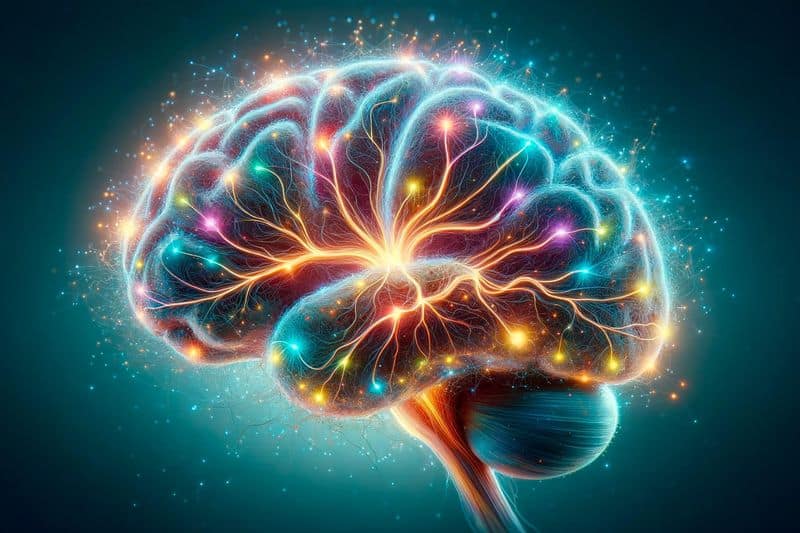
Did you know the human brain has a virtually limitless storage capacity? It’s often compared to a supercomputer, capable of holding up to 2.5 petabytes of data.
Imagine your favorite TV show playing continuously for 300 years—that’s the amount of information your brain can store!
Our brains are equipped with around 86 billion neurons, each connecting to thousands of others, creating a vast network of synapses.
These connections enable us to recall experiences, learn new skills, and store memories for years. Truly, our brain’s ability to store information is a testament to its complexity and efficiency.
2. The Stomach Lining Regenerates
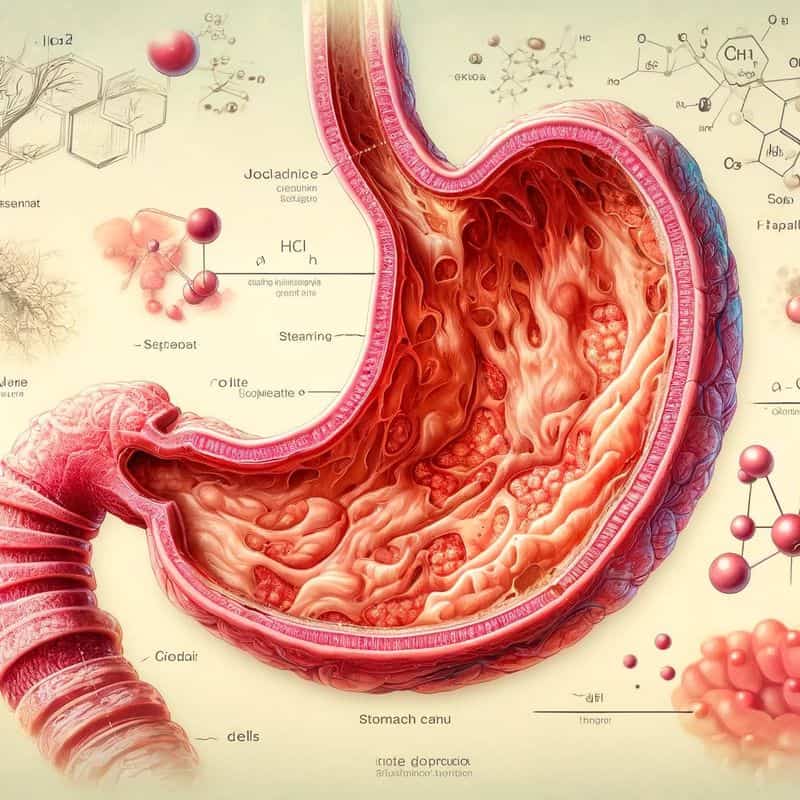
Your stomach lining is tougher than you think, renewing itself every 3 to 4 days to protect against its own acid.
This rapid regeneration is crucial, as the stomach’s acid is potent enough to dissolve metal!
The lining consists of mucous cells that secrete a protective layer, preventing the acid from damaging the stomach itself.
This remarkable process ensures that, despite the harsh environment, our stomach remains intact and functional.
It’s a clear example of how our bodies are designed to maintain balance and resilience in the face of constant challenges.
3. Bone Strength
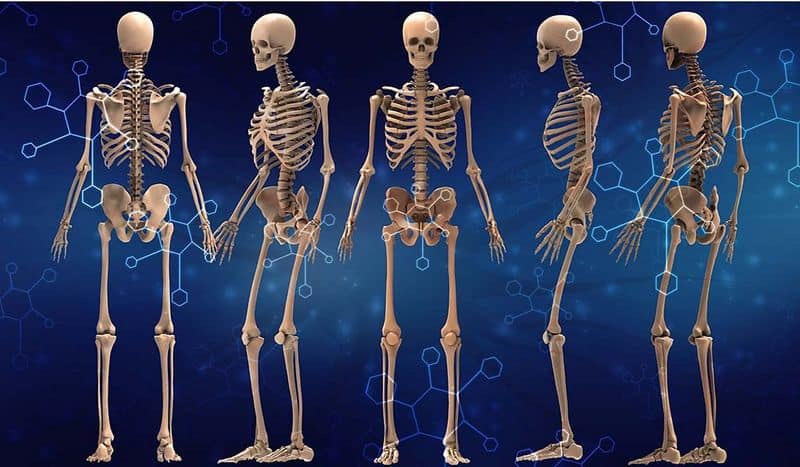
Human bones are incredibly strong, with the femur being the strongest bone in the body. It can withstand up to 1,800 to 2,500 pounds of force, outmatching concrete!
This strength is due to the bone’s unique structure, which combines a solid outer layer with a spongy inner core.
This design allows bones to absorb and distribute force efficiently, preventing fractures.
Whether you’re jumping, running, or lifting, your bones are engineered to handle significant stress, providing the framework and protection necessary for everyday activities.
4. Unique Fingerprints

Every human fingerprint is unique, even among identical twins. This distinctiveness arises from random genetic variations and environmental factors experienced in the womb.
Fingerprints are formed during fetal development, creating patterns that are permanently set by the time you’re born.
These ridges enhance touch sensitivity and grip, making them crucial for everyday tasks.
While often used in forensic science, fingerprints also remind us of our individuality, showcasing how each person is biologically distinct, even in the smallest details.
5. Heart’s Electrical System

Your heart has a built-in electrical system that controls its beating, ensuring it pumps blood efficiently throughout your body.
This system generates small electrical impulses that travel through the heart muscle, orchestrating a rhythmic contraction.
The heart’s pacemaker, known as the sinoatrial node, initiates these impulses, prompting the heart to beat around 100,000 times a day.
This dynamic process keeps your circulatory system in constant operation, delivering oxygen and nutrients to tissues.
Such a sophisticated mechanism highlights the heart’s critical role and the seamless coordination required to sustain life.
6. Microbiome Diversity
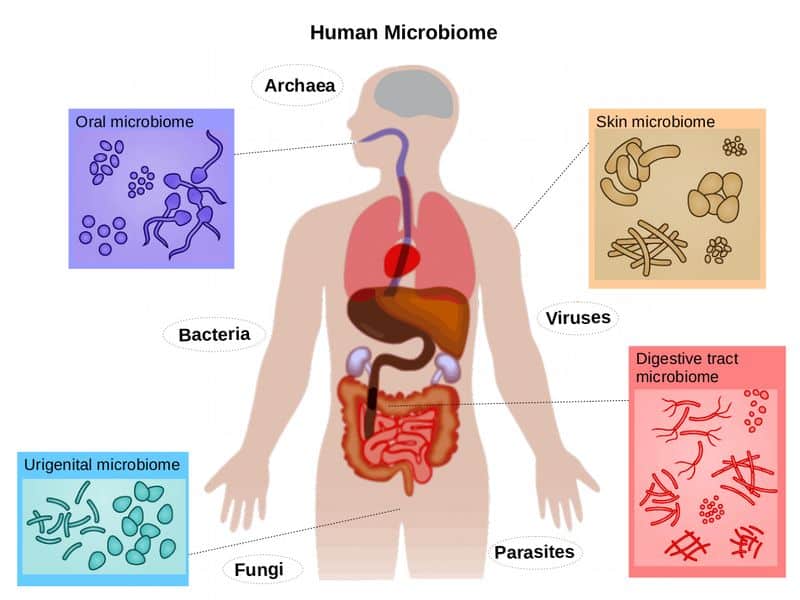
Your body is home to trillions of microbes, collectively known as the microbiome, with most residing in your gut.
This diverse community is essential for digestion, immunity, and even mental health.
The microbiome’s complexity rivals the brain’s, influencing various bodily functions and protecting against harmful pathogens.
Each person’s microbiome is unique, shaped by diet, lifestyle, and environment.
Maintaining a balanced microbiome is vital for overall health, and diet plays a critical role. Probiotics and fiber-rich foods are beneficial, as they support a thriving microbial community, enhancing your body’s resilience.
7. Skin Regeneration

Your skin is an ever-renewing organ, shedding millions of cells daily and replacing them with new ones. This process takes about 28 to 30 days, ensuring your skin remains healthy and resilient.
The outermost layer, the epidermis, is where most of this regeneration occurs, providing a barrier against environmental threats.
Proper skincare, including hydration and sun protection, supports this natural cycle.
By understanding and nurturing our skin’s renewal process, we can maintain its youthful appearance and protective qualities, highlighting the importance of daily skincare routines.
8. The Power of Senses
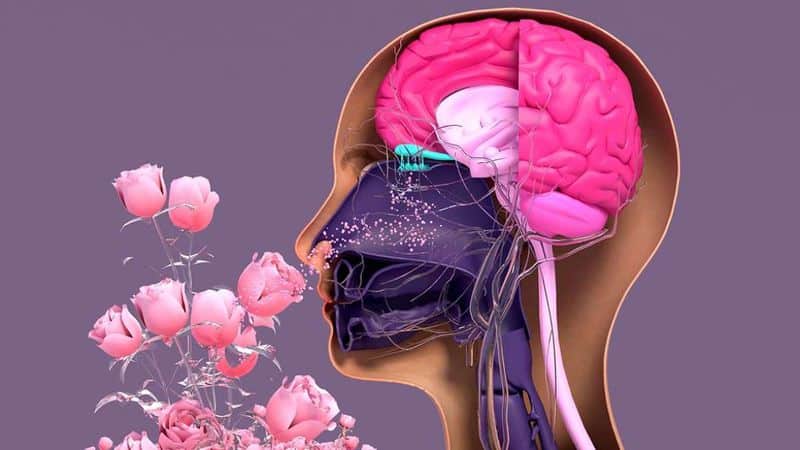
Human senses are extraordinarily powerful, providing us with continuous feedback about the world. While we have five primary senses, each is incredibly nuanced, detecting thousands of stimuli.
For instance, the human eye can distinguish about ten million colors, while our ears can detect sounds from as low as 20 Hz to 20,000 Hz.
Taste buds can identify a wide range of flavors, influenced by smell, enhancing our eating experience.
Together, these senses help us navigate our environment, emphasizing how perception shapes our reality, making life richer and more vibrant.
9. Extraordinary Liver
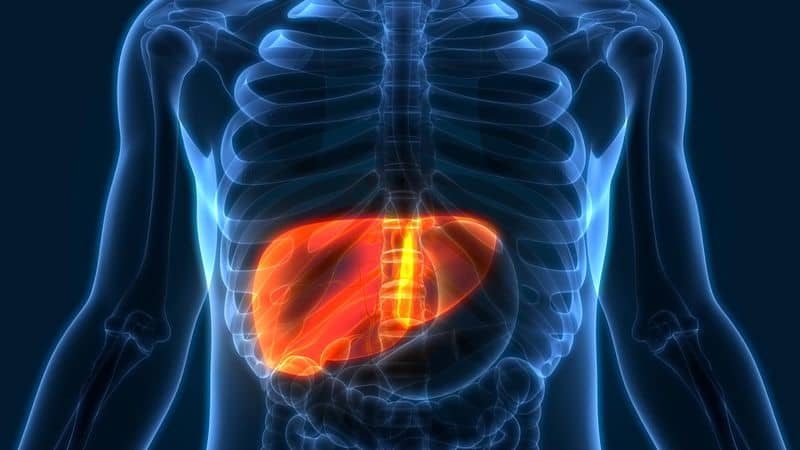
The liver is a multitasking marvel, performing over 500 essential functions to keep you healthy. It’s the body’s detox powerhouse, processing toxins and waste, and metabolizing nutrients from food.
This organ also stores vitamins and minerals, regulates blood sugar levels, and produces crucial proteins for blood clotting.
Its ability to regenerate is astounding, capable of regrowing to full size even after significant damage.
The liver’s versatility and resilience underscore its vital role in maintaining homeostasis, highlighting the importance of liver health through a balanced diet and regular check-ups.
10. Human Hair Growth
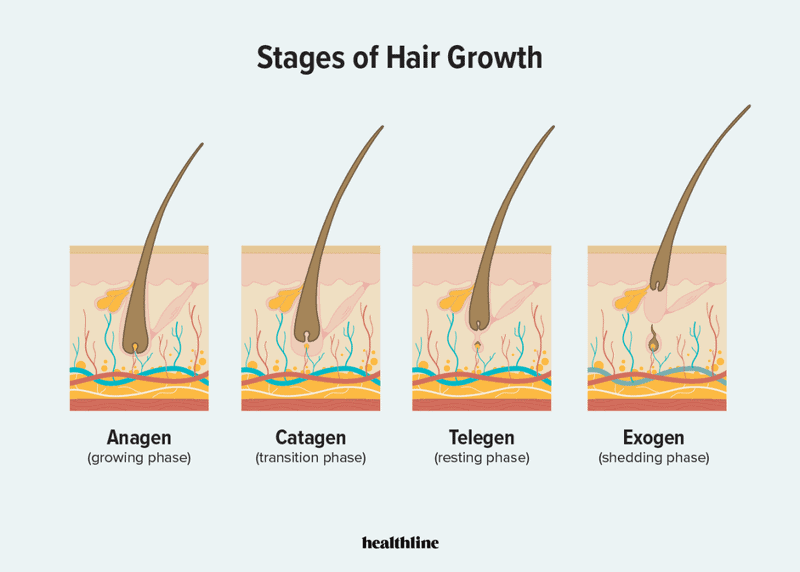
Human hair grows in cycles, with each strand having its unique growth phase. On average, hair grows about half an inch per month, totaling around six inches annually.
The growth cycle includes the anagen (growth), catagen (transition), and telogen (rest) phases. Genetics, age, and health influence these cycles, impacting hair length and density.
Understanding hair growth helps in choosing the right hair care products and treatments.
Regular trimming and proper nutrition can promote healthy hair, making it a key aspect of personal grooming and self-expression.
11. Human Eyes and Tears

Human eyes produce tears for more than just crying; they play a protective role, keeping the eyes lubricated and free of irritants.
Tears are produced by the lacrimal glands and contain enzymes that fight bacteria, safeguarding eye health.
Emotionally driven tears also release stress hormones, providing a therapeutic effect. The complexity of tears underscores their importance in both physical health and emotional well-being.
Recognizing the multifaceted role of tears can change the way we perceive crying, appreciating it as an essential, natural part of human expression and resilience.
12. The Lymphatic System
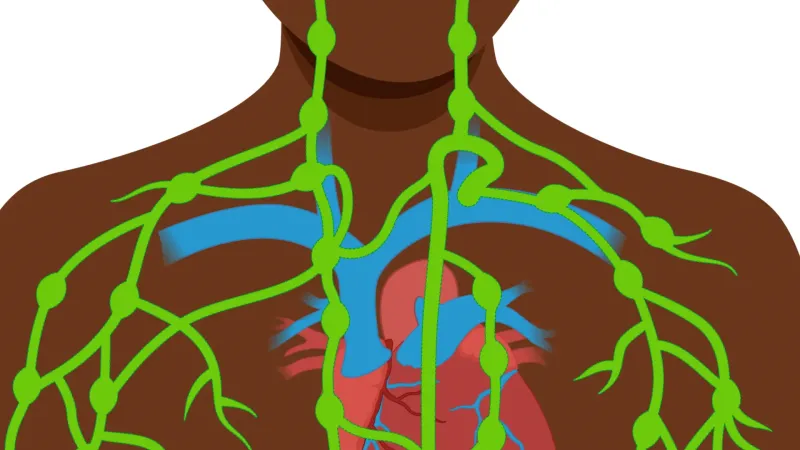
The lymphatic system is an unsung hero in your body, responsible for detoxification and immune support. Comprising a network of vessels and nodes, it drains excess fluids and filters out toxins.
Lymph nodes act as checkpoints, housing immune cells that fight infection. This system also transports fats from the digestive tract, highlighting its multifaceted role in maintaining health.
Regular exercise and hydration can enhance lymphatic function, promoting detoxification and boosting immunity.
Understanding this system’s importance can inspire proactive measures to support your body’s natural defenses.

